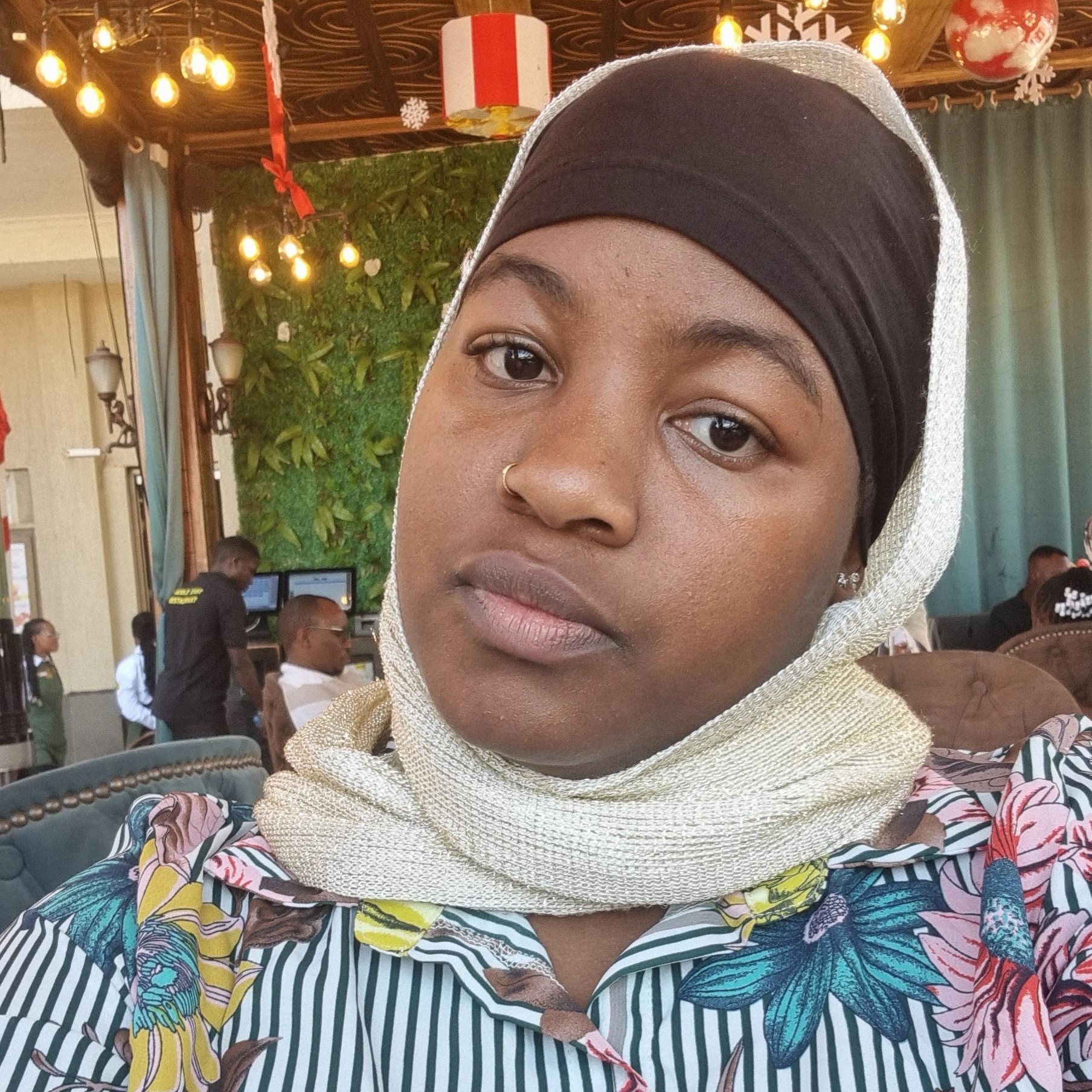
Time management
by Zahara Matovu
Do you also feel like you don't have enough time for everything in your everyday life?
Then let's take a moment and become conscious on how to use our time wisely, because everything we do revolves around time, consciously or unconsciously.

Consistency will beat Talent every time
by Zahara Matovu
Why do I make a statement like this? That's because of the fact that, for talent to shine, it must be supported by consistency.
One may have a talent for singing or football, however, the talent can only come to light when one practices consistently.

Gratitude
by Zahara Matovu
When were you last grateful for something? It's unbeliveable how most people underrate being grateful for the big things, but most especially, the small things we over look.
Being grateful is the door that opens a lot of great opportunities.
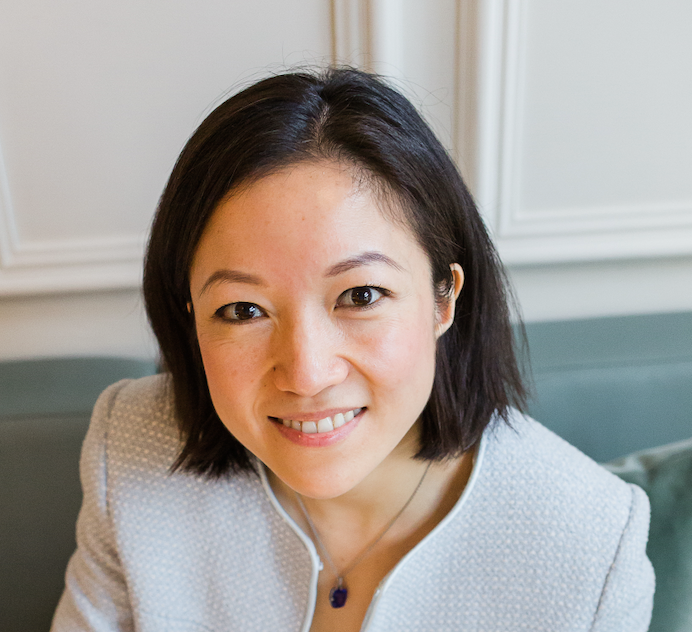
When You’re Functioning, But Something Feels Off
by Helena Chan
People rarely come to coaching because something is “wrong.” More often, they arrive because something feels off. Life is functioning, yet clarity feels harder to reach. Decisions take more effort.

Perfectionism does not exist
by Zahara Matovu
This isn't easy for me to admit, but I was convinced that I was a perfectionist for quite a long time. I used to identify myself as a 'perfectionist' until one time I was listening to a podcast where the host said that 'perfectionism' does not exist.

Motivation Vs Action
by Zahara Matovu
When's the last time you waited for motivation in order to take action? I guess it's been a while or maybe you're still waiting for that motivation.
I want to let you know that, contrary to the usual belief, it is taking action first that breeds motivation.
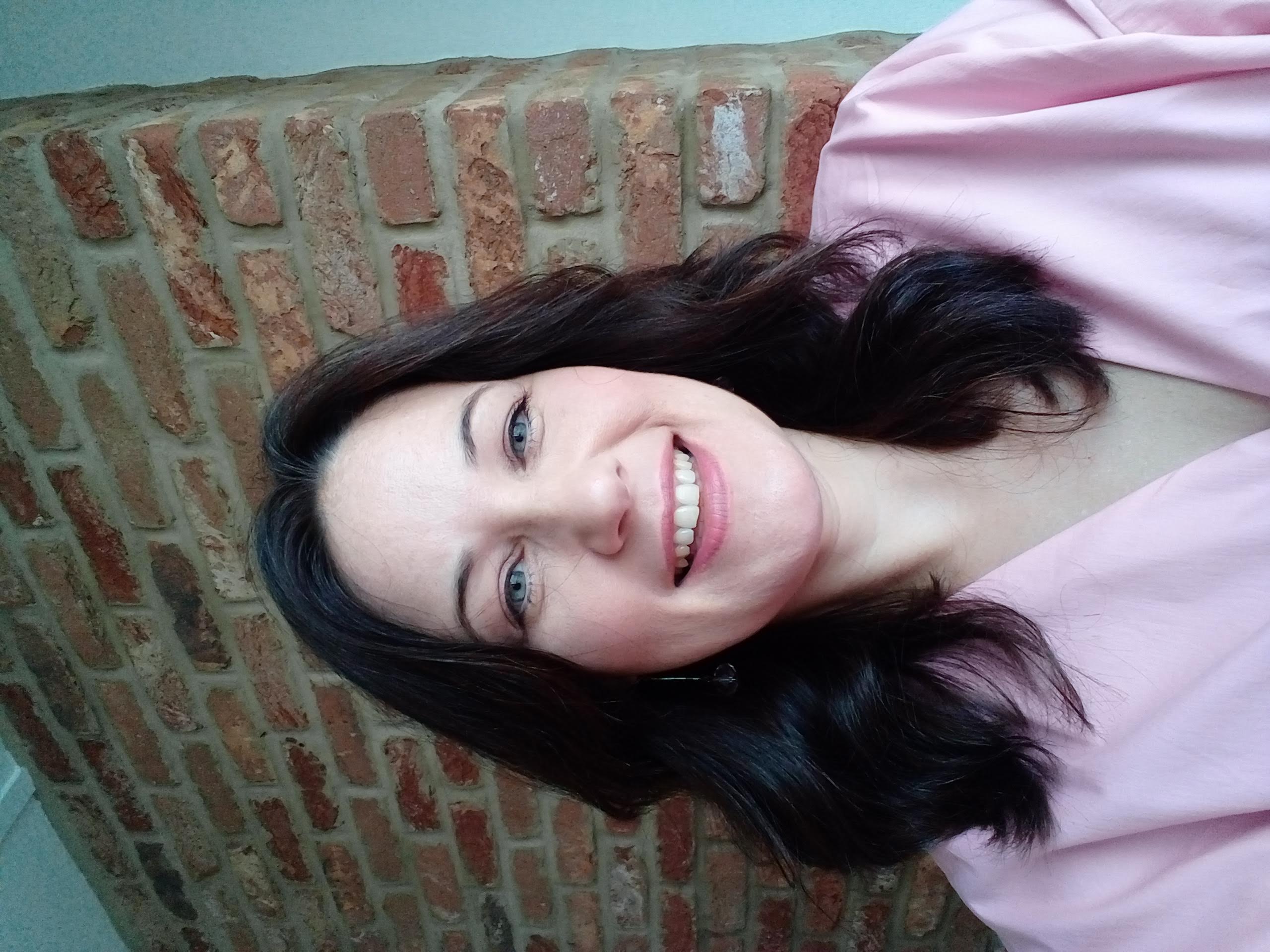
Forever Winter
by Jane Clarke
February is always a dark and gloomy month this far north. Whilst the days are now lengthening, getting a little lighter with each one that passes, the heavy, brooding clouds overhead make it hard for us to see that spring is just around the corner.

Immediate Gratification.
by Zahara Matovu
Do you also feel like the world is moving so fast? What could be the reason? I think that we are apparently living in a life of immediate gratification.
What is immediate gratification? We see it everywhere with the most obvious being online shopping.
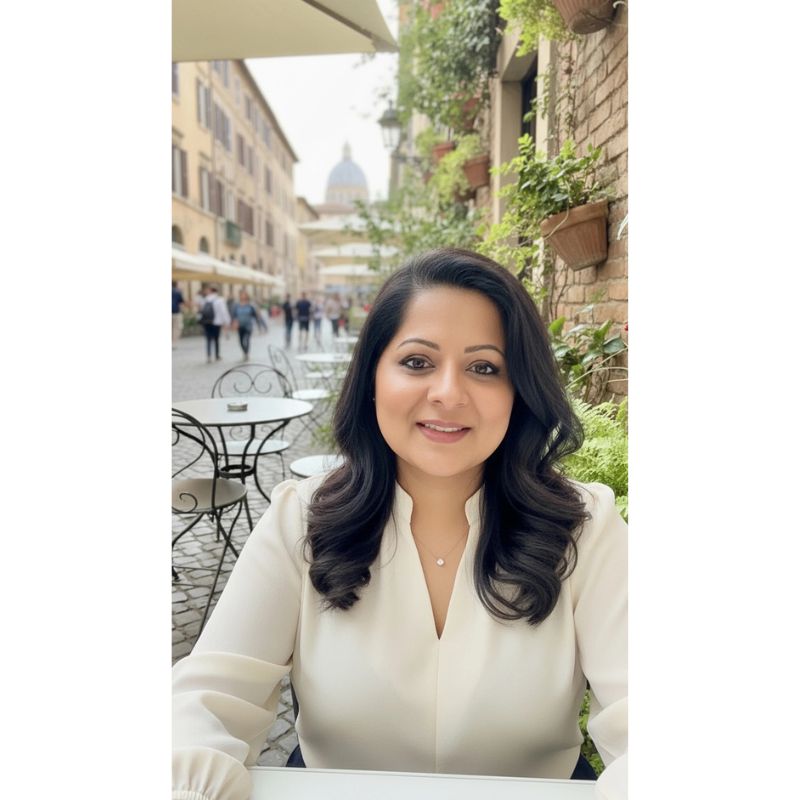
You Are Exactly Where You Are Meant to Be
by Sharn Somasiri
Right now, in this moment, you are exactly where you are meant to be.
Not further ahead.
Not further behind.
That might be uncomfortable to hear, especially if part of you feels stuck, frustrated, or impatient to move on.

You Are Exactly Where You Are Meant to Be
by Sharn Somasiri
Right now, in this moment, you are exactly where you are meant to be.
Not further ahead.
Not further behind.
That might be uncomfortable to hear, especially if part of you feels stuck, frustrated, or impatient to move on.

Nuggets of wisdom I wish I listened to in my 20s
by Catalina Ciucalau
Here are some pearls of wisdom I learned along the way that have helped me live life joyously:
• we love creating more than the creation, we enjoy giving birth to new ideas constantly.

Giving up
by Zahara Matovu
Giving up is often seen as failure. However, sometimes giving up can be good. For example, if you come to a realization that what you're doing is not adding to your future plans, or you don't see yourself doing it in the future, then I think it's good to consider giving up.

Self love
by Zahara Matovu
Women often find themselves lost and don't know who they are anymore because of the various life experiences such as marriage, childbirth and taking care of the family, job and everything else in between.

Why capable leaders struggle to commit and what it costs them
by George Wilse
Did you know most leaders don’t struggle because they lack ability.
They struggle because they’re carrying too many open decisions at once.
You know the feeling:
- Several options on the table
- None of them wrong
- None of them fully chosen
So you wait.
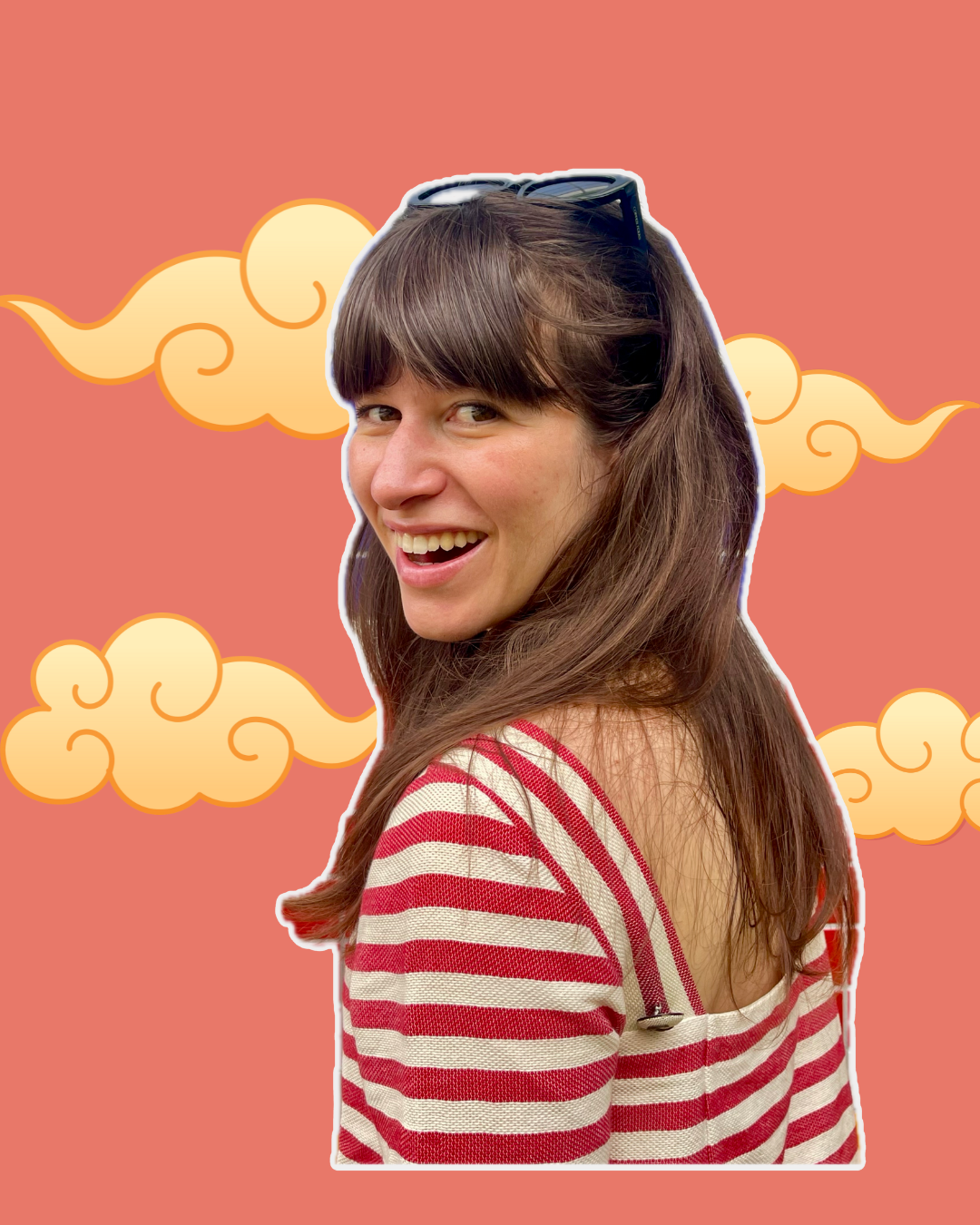
How Living Abroad Changed My Self-Esteem
by Ottavia Bettelli
In the coming weeks, I will be taking my life coaching exam. A key part of this process is writing a thesis, and the topic I chose is the relationship between self-esteem and experiences abroad, specifically, how self-esteem changes once we step outside our familiar environment and live away from home.
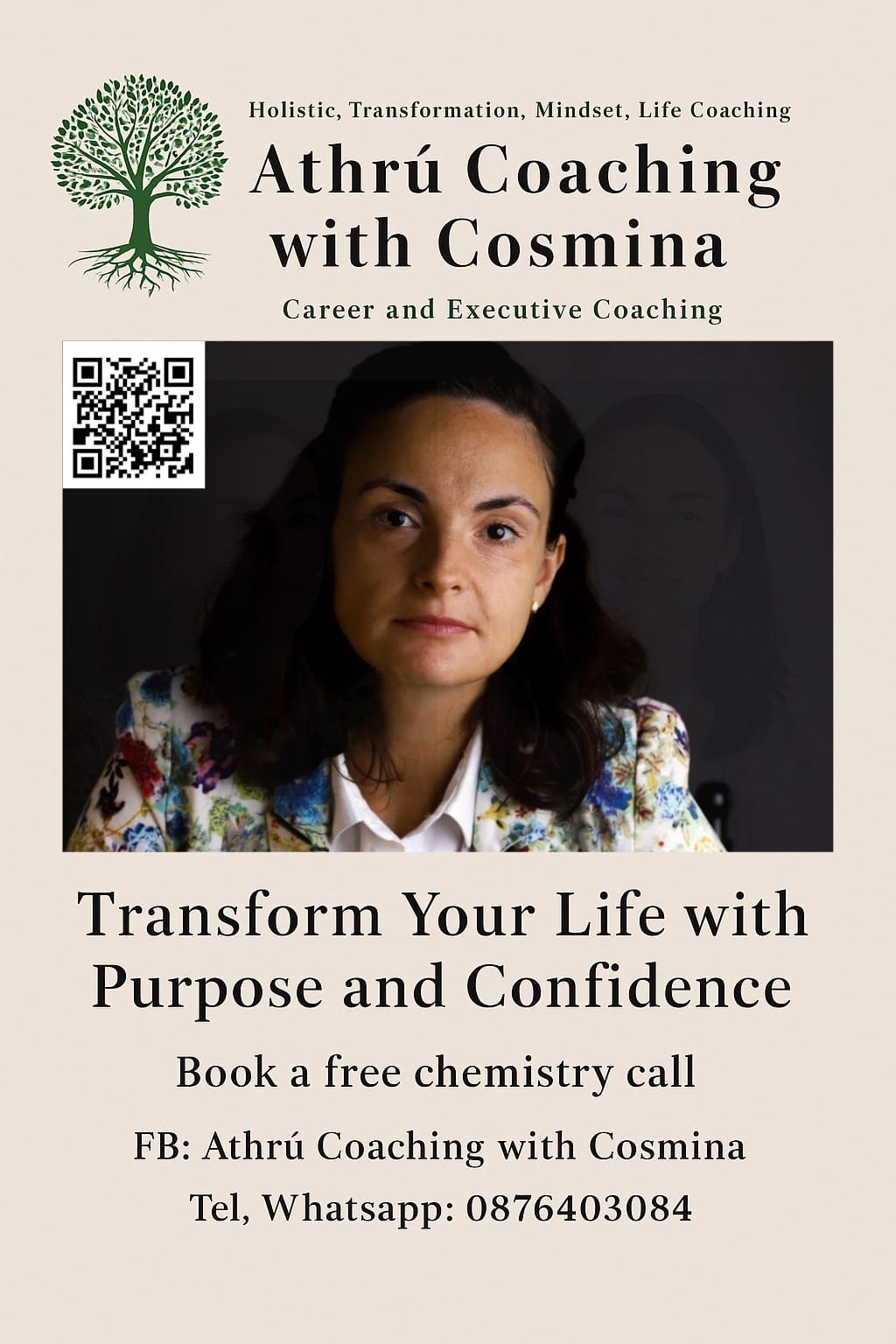
Rock Bottom - change of perspective
by Cosmina Topircean
When you feel like you've reached rock bottom, what's actually the feeling about?
Rock bottom is a perspective issue, not a position issue.
Imagine your life as stacked levels, like floors in a building or layers in a game.
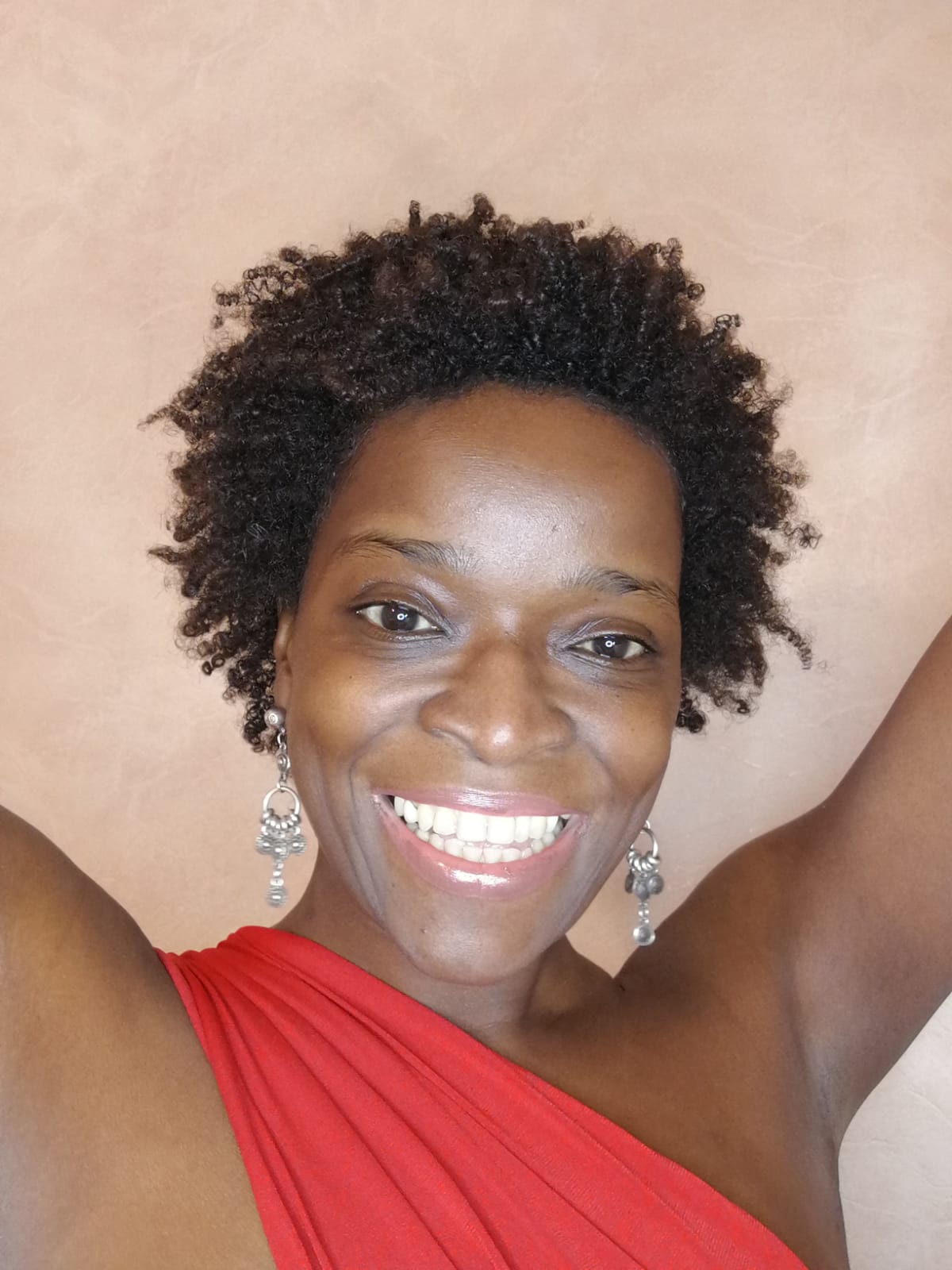
12 New Year's Blessings
by Agakura Viñas Burihabwa
Las 12 Uvas – The 12 Grapes
One of my all-time favourite New Year’s Eve rituals is the Spanish custom of eating 12 grapes in the last 12 seconds of the year, each grape symbolising a month of the year to come.

They Did Not Invent The Industry (A quick reflection for entrepreneurs)
by Agakura Viñas Burihabwa
If your childhood looked anything like mine, you may have heard this sentence far too often:
“You’re not doing it right.”
Art class. A school project. Creativity. Even curiosity.

Do You Know What Coaching Is?
by Sharn Somasiri
Do You Know What Coaching Is?
Are you considering coaching but not entirely sure what coaching actually is?
You are not alone. Many people feel drawn to coaching before they can clearly explain why.

When Your Life Changes — But You Haven’t Caught Up Yet
by Helena Chan
Some change is chosen.
Some arrives without asking.
It may come as redundancy, a relationship ending, a move across countries, or the quiet realisation that the life you’ve built no longer fits — even if, on paper, it looks fine.